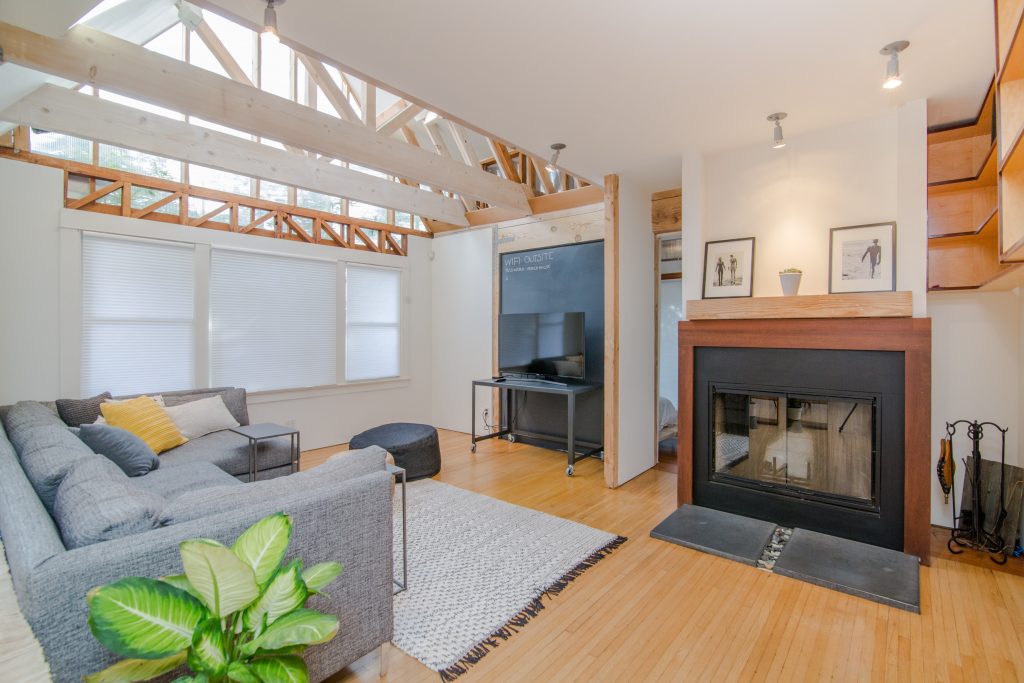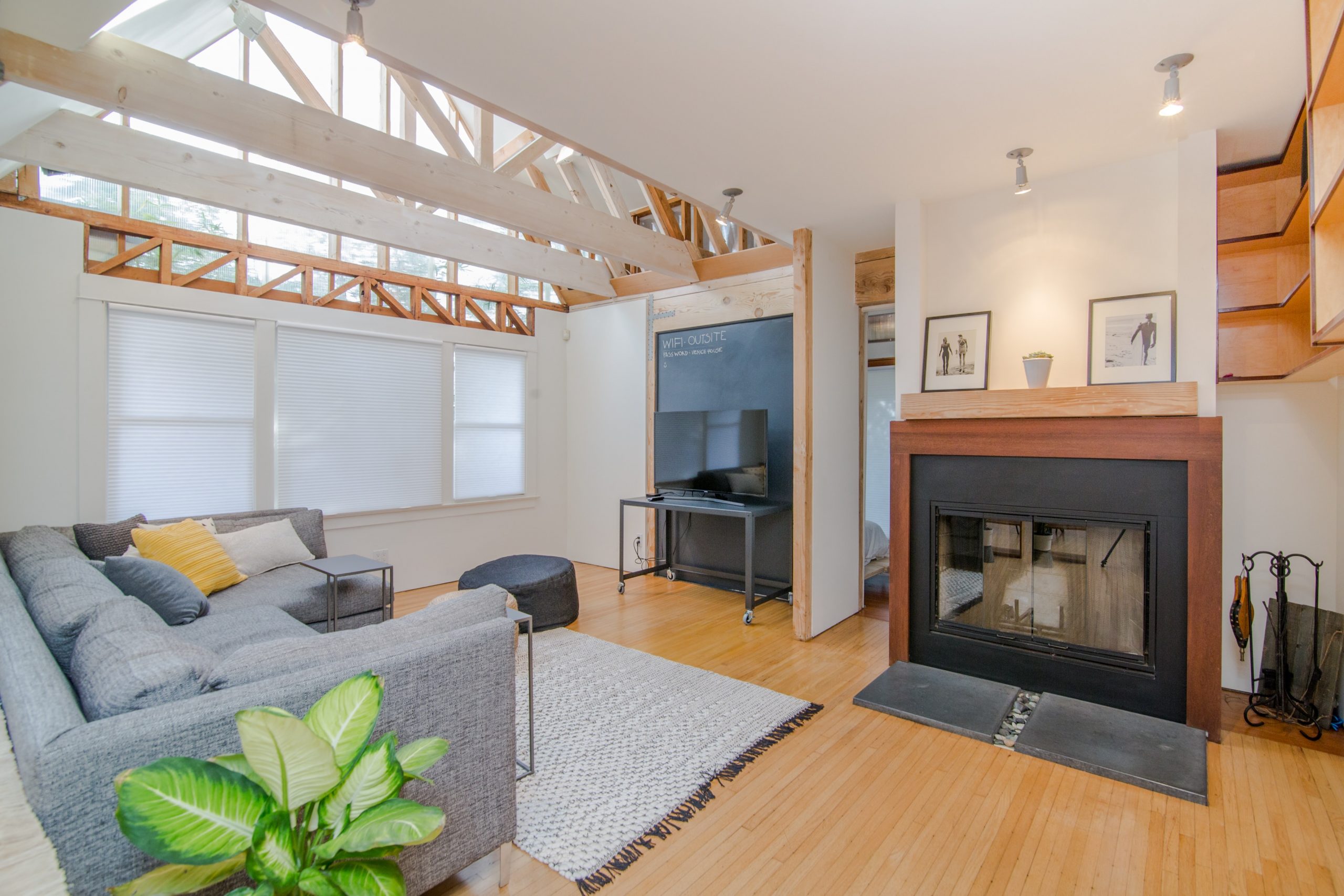Planning a home gaming party can be an exciting endeavor, filled with endless possibilities for fun and laughter. But before you send out the invites, you might find yourself wondering, how many guests are ideal for such an event? Striking the perfect balance between a crowded atmosphere and a more intimate gathering is crucial for ensuring everyone has a remarkable time. So, let’s explore this question further and discover the magic number that will make your home gaming party truly unforgettable.

This image is property of images.unsplash.com.
Factors to Consider
Hosting a gaming party at home involves several factors that you need to consider in order to ensure a successful and enjoyable experience for everyone involved. These factors include the available space, the type of games you plan to play, the equipment and accessories required, and the time constraints of the party. By carefully considering these factors, you can create an unforgettable gaming party that will be loved by all.
Available Space
When planning a gaming party, the available space is one of the most important factors to consider. You need to take into account the size of the venue where you’ll be hosting the party, as well as the seating arrangements and the space needed for the gaming setup.
Size of the Venue
Before sending out invitations, it’s crucial to assess the size of the venue where you plan to host your gaming party. Whether it’s your living room, basement, or a dedicated gaming area, make sure it can comfortably accommodate all your guests and the gaming setup. Consider the number of guests you expect to attend and ensure that there is enough space for everyone to move around comfortably and enjoy the games.
Seating Arrangements
Besides having sufficient space for your guests, it’s also important to think about seating arrangements. Depending on the type of games you’ll be playing, you may need to provide chairs or couches for your guests to sit on. Ensure that there is enough seating for everyone, and that it is comfortable for long periods of gaming. Being considerate of your guests’ comfort will make the gaming experience much more enjoyable for everyone.
Space for Gaming Setup
In addition to accommodating your guests, you’ll also need space for the gaming setup itself. Consider the size of the gaming consoles, televisions, and any other equipment you plan on using. Make sure there is enough room to set up the consoles, connect the necessary cables, and have ample space for players to comfortably use their controllers. Having a dedicated gaming area or a spacious surface where the gaming setup can be arranged will contribute to a smooth and hassle-free gaming experience.

This image is property of images.unsplash.com.
Type of Games
Another crucial factor to consider when planning a gaming party is the type of games you and your guests prefer to play. Understanding the multiplayer or single-player aspect, the cooperative or competitive nature, and whether the games are physical or virtual will help you choose the most suitable games for your party.
Multiplayer or Single Player
Consider whether you and your guests prefer multiplayer or single-player games. Multiplayer games allow multiple people to play together simultaneously, creating a lively and interactive gaming experience. On the other hand, single-player games offer a more individualized experience, allowing players to focus on their own gameplay. It’s important to gauge the interests of your guests and strike a balance between multiplayer and single-player games to cater to everyone’s preferences.
Cooperative or Competitive
Do you and your guests enjoy cooperative games where you can work together towards a common goal, or do you prefer competitive games that ignite friendly rivalries and competition? Cooperative games promote teamwork and collaboration, while competitive games encourage players to compete against each other. Knowing the preferences of your guests will help you select games that align with their desired level of cooperation or competition.
Physical or Virtual
Consider whether your guests enjoy physical or virtual games. Physical games often involve physical activity or motion-based controls, such as dancing games or sports simulations. They can provide a fun and active experience for your guests. On the other hand, virtual games are played on gaming consoles or computers, offering a visually immersive and interactive experience. Understanding your guests’ preferences will enable you to choose games that cater to their interests and ensure an engaging gaming experience.
Equipment and Accessories
To host a successful gaming party, it’s essential to consider the equipment and accessories required for the games you plan to play. From gaming consoles and controllers to additional accessories, having the necessary equipment on hand will ensure a seamless and enjoyable gaming experience for your guests.
Number of Gaming Consoles
Consider the number of gaming consoles you have available or are willing to rent or borrow. Depending on the size of your gathering and the popularity of certain games, having multiple consoles can prevent long waits and ensure that everyone gets a chance to play. If you have multiple consoles, you may also be able to set up different game stations, allowing guests to play different games simultaneously.
Number of Controllers
Ensure that you have enough controllers to accommodate all your guests. Depending on the gaming console, you may need to provide both wired and wireless controllers. Having enough controllers will prevent unnecessary delays and ensure that everyone can actively participate in the gaming sessions. If you don’t have enough controllers, consider asking your guests to bring their own if they have compatible ones.
Additional Gaming Accessories
Depending on the type of games you plan to play, you may need additional gaming accessories. This could include motion sensors, virtual reality headsets, or specialty controllers for certain games. Make sure to plan ahead and gather any necessary accessories before the party to avoid any last-minute disappointments. Providing a variety of gaming accessories will enhance the gaming experience and allow your guests to fully immerse themselves in the games.

This image is property of images.unsplash.com.
Time Constraints
The duration of your gaming party and the waiting time between turns are important factors to consider to ensure that your guests have a memorable experience. Planning the timing of your party and managing turn-taking will contribute to a smooth and enjoyable gaming session for everyone.
Duration of the Party
Consider how long you wish to host your gaming party. The duration will depend on various factors, including the number of guests, the availability of your space, and the types of games you plan to play. Hosting a party that is too short may leave your guests unsatisfied, while making it too long could result in fatigue or boredom. Assess the estimated time it takes to complete the games you have chosen and factor in breaks and socializing time to ensure a well-paced and enjoyable gaming party.
Waiting Time Between Turns
If you plan on playing multiplayer or turn-based games, it’s important to manage the waiting time between turns. Waiting too long can be tedious and frustrating for your guests, especially if they are eager to participate. Consider setting up multiple gaming stations, dividing your guests into smaller groups, or organizing other activities to keep guests engaged while they wait for their turn. Being mindful of waiting times will help maintain the momentum and excitement throughout the party.
Pros and Cons of Various Party Sizes
Depending on the number of guests you invite, your gaming party will have its own unique dynamic and advantages, as well as potential challenges. Here, we’ll explore the pros and cons of small gatherings (2-6 guests), medium gatherings (7-12 guests), and large gatherings (13+ guests) to help you determine the ideal party size for your gaming event.
Small Gatherings (2-6 Guests)
Small gatherings offer an intimate atmosphere, allowing close friends or family members to connect and bond over shared gaming experiences. With fewer people, planning the party becomes easier, and there are fewer logistics to consider. However, small gatherings can also have some limitations.
Intimate Atmosphere
Small gatherings provide an intimate atmosphere where guests can interact more closely. With a smaller group, it’s easier to engage in conversations and build strong connections. The gaming sessions can become more personal, as players can have more one-on-one interactions and share strategies with each other. This creates a cozy and comfortable environment for both the players and the spectators.
Ease of Planning
Planning a small gathering requires less coordination and logistics. With fewer guests, it is easier to manage the seating arrangements, gaming setup, and catering. It may also be easier to anticipate the preferences and interests of each guest, allowing you to tailor the gaming selections to suit everyone’s tastes. Planning a small gathering can be less stressful, giving you more time to focus on enjoying the event.
Limited Game Options
One potential drawback of small gatherings is the limited game options available. Some games may require a minimum number of players to be enjoyable or to unlock certain features. With a smaller group, your choices may be more limited, and you may need to find games that specifically cater to smaller party sizes. However, there are still numerous games available that can provide an exciting and engaging experience for small gatherings.
Less Social Interaction
While small gatherings offer intimacy, they may lack the diverse social interaction that larger parties can provide. With fewer people, the range of perspectives, experiences, and connections may be more limited. Some guests may prefer a larger group atmosphere where they can meet new people and make new friends. However, if you have a close-knit group that prefers familiarity and deeper connections, a small gathering could be the perfect choice.
Medium Gatherings (7-12 Guests)
Medium gatherings strike a balance between intimacy and social interaction. With a slightly larger group, you can enjoy more diverse gaming choices and increased social engagement. However, managing a medium-sized gathering may require additional planning and consideration.
Diverse Gaming Choices
One of the advantages of hosting a medium gathering is the expanded range of gaming choices. With more guests, you’ll have a wider variety of interests and preferences to consider. This allows for more diverse game selections, ensuring that everyone can find games they enjoy. From multiplayer classics to competitive tournaments, a medium gathering offers the opportunity to explore a wider range of gaming genres and experiences.
Increased Social Interaction
Medium gatherings provide a mix of intimacy and social interaction. With more guests, there are more opportunities for conversations, connections, and friendly banter. The larger group size can create a livelier atmosphere, encouraging guests to interact and engage with each other both during the gaming sessions and between turns. This can be especially beneficial for guests who enjoy meeting new people and building new friendships.
More Equipment Needed
Hosting a medium gathering may require additional equipment to cater to the increased number of guests. You’ll need to ensure that you have enough gaming consoles, controllers, and accessories to allow everyone to participate. This may involve borrowing or renting additional equipment, depending on your own collection. Planning ahead and ensuring you have the necessary equipment will help prevent any potential delays or inconveniences during the gaming party.
Potential Noise and Crowding
With a larger group of guests, there is a higher potential for noise and crowding. Depending on the size of your venue, the increased number of people playing and cheering during the gaming sessions can create a noisier environment. Additionally, more guests may occupy the available seating, resulting in potential crowding or limited space for movement. It’s important to consider the noise level and ensure that your venue can comfortably accommodate everyone without feeling too cramped.
Large Gatherings (13+ Guests)
Large gatherings are perfect for those who crave an exciting and dynamic atmosphere filled with numerous gaming options. However, hosting a large gathering requires careful planning and consideration to ensure that the event runs smoothly.
Exciting Atmosphere
Large gatherings create an electric atmosphere filled with energy and excitement. With a large number of guests, the gaming sessions become more vibrant and lively, adding to the overall enjoyment of the event. The size of the group contributes to a sense of celebration and festivity, making it a memorable experience for both the players and the spectators.
Wide Range of Games
One of the key advantages of hosting a large gathering is the greater selection of games available. With a larger group, you can include games that require more players or that are best suited for groups. From team-based multiplayer games to large-scale party games, the options are endless. Having a wide range of games ensures that there is something for everyone to enjoy, guaranteeing a diverse and engaging gaming experience.
Challenging Planning
Hosting a large gathering requires more advanced planning and coordination. Managing a larger number of guests, seating arrangements, gaming setups, and refreshments can be more complex and time-consuming. Ensuring that everyone has a chance to play the games they are interested in while maintaining a balanced schedule can be challenging. However, with careful planning and organization, a large gathering can be a highly rewarding and memorable experience for all.
Limited Time per Player
With a larger group, it may be necessary to limit the playing time per player to ensure that everyone gets a chance to participate. Depending on the number of guests and the duration of your party, each player may have a shorter amount of time to play their desired games. It’s important to communicate this time constraint to your guests and manage the gaming sessions efficiently to avoid any potential disappointment. Organizing game rotations or setting time limits per game can help ensure fair and equal opportunities for everyone.
Tips for Hosting a Successful Gaming Party
Now that you understand the key factors to consider and the pros and cons of various party sizes, let’s explore some tips to help you host a successful gaming party.
Communicate with Guests
Before the party, communicate with your guests to understand their gaming preferences and any specific requirements they may have. This will help you plan your games and equipment accordingly. Additionally, inform your guests about the start and end times of the party, any specific rules or guidelines for the gaming sessions, and any additional activities or refreshments you have planned. Clear and open communication ensures that everyone is on the same page and avoids any confusion or misunderstandings.
Provide Comfortable Seating
Comfortable seating is essential for long gaming sessions. Make sure you have enough chairs, couches, or bean bags for your guests to sit on. Consider providing cushions or backrests for additional comfort. If necessary, create designated seating areas to ensure that everyone has a comfortable place to sit during the gaming sessions. Comfortable seating will enhance the overall gaming experience and prevent discomfort or fatigue.
Organize Snacks and Beverages
Gaming can be an intense and immersive activity, so it’s important to provide snacks and beverages to keep your guests refreshed and energized throughout the party. Consider offering a variety of snacks, such as chips, pretzels, and popcorn, as well as drinks like soda, water, and energy drinks. You can also set up a designated snacking area to keep things organized and prevent any spills near the gaming consoles. Providing ample refreshments will keep your guests fueled and ready to enjoy the gaming sessions.
Prepare Backup Plans
Even with careful planning, unexpected challenges or technical difficulties may arise during your gaming party. It’s essential to have backup plans in place to mitigate any potential issues. This could include having spare controllers or gaming consoles available in case of malfunctions, alternative game options in case certain games don’t work as expected, or even backup entertainment activities to keep your guests engaged during any breaks or downtime. Being prepared for unforeseen circumstances will help ensure a smooth and enjoyable gaming party.
Hosting a gaming party at home can be a thrilling and immersive experience for both the host and the guests. By considering the available space, the type of games you plan to play, the required equipment and accessories, and the time constraints of the party, you can create a memorable event that caters to everyone’s interests and preferences. Whether you opt for a small, intimate gathering, a medium-sized party with increased social interaction, or a large and exciting event, applying the tips provided will help ensure the success of your gaming party. So gather your friends, set up your gaming consoles, and get ready for an epic gaming party that will be talked about for years to come!
